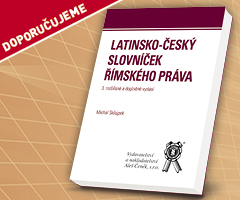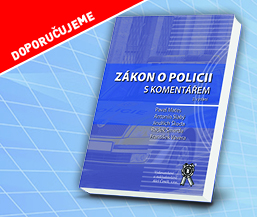Zařazeno v kategoriích: SOCIOLOGICKÁ LITERATURA, SPOLEČENSKÁ LITERATURA
Women and Social Citizenship in Czech Society: Continuity and Change
Hašková Hana, Uhde Zuzana
Dostupnost
skladem
Vydavatel
Počet stran
245
Místo vydání
Praha
Rok vydání
2009
Formát
-
ISBN
978-80-7330-150-7
EAN
9788073301507
Anotace v ČJ: Kritická pozornost, kterou feministické badatelky věnovaly konceptu občanství, zásadním způsobem přispěla k současnému chápání tohoto pojmu a proměně politické imaginace, která jej doprovází. Autorky knihy navazují na feministické diskuse ohledně pojetí občanství a zkoumají institucionální kontext, ideologie a praktiky, které utvářely příležitosti a bariéry plnohodnotného občanství žen z odlišných socioekonomických, etnických a národnostních skupin v komunistickém a postkomunistickém kontextu a konkrétně v České republice v období po druhé světové válce. Autorky v knize problematizují statický popis postavení žen a genderových vztahů v komunistických společnostech střední a východní Evropy a poukazují na odlišné diskursy a institucionální kontext obklopující vztahy práce a péče a na odlišnosti v každodenních pracovních a pečovatelských praktikách v průběhu čtyřiceti let trvání komunistického režimu. Jednotlivé kapitoly rozlišují období před i po roce 1989, která byla charakteristická odlišnými vzorci participace žen na trhu práce, institucionálním rámováním kombinace práce a rodiny a politik péče, odlišným postavením sólo rodičů, romských rodin a cizinců. Autorky knihy na tyto procesy nahlížejí optikou kontinuity diskursů, praktik a institucí před a po roce 1989, což jim umožňuje doložit, jak složité jsou procesy kulturní a institucionální změny navzdory podstatné
proměně společenského a ekonomického systému.
The critical attention feminists have paid to the concept of citizenship has significantly contributed to the con¬temporary political imagination of citizenship. In this book the authors from the Czech Republic follow up on the feminist debate on citizenship and examine the insti¬tutional contexts, ideologies and practices that have sha¬ped opportunities for and barriers to the full citizenship of women in various socio-economic, ethnic and national groups in the communist and post-communist contexts and specifically in Czech society since the end of the Se¬cond World War. This book challenges the static descriptions of the po¬sition of women and gender relations in the communist societies of Central and Eastern Europe. The authors po¬int out the differences in the discourse and institutions surrounding work and care and in actual work and care practices during the forty years of the communist regi¬me. The individual chapters in the book identify specific periods under the communist regime and after 1989 that were distinct in terms of how women’s labour market participation, work-life balance, care politics, the posi¬tion of lone parents, Roma families and foreigners were framed. Moreover, the continuity of discourse, practices, and institutions before and after 1989 is highlighted, de¬monstrating how difficult it is for cultural and institutional changes to take place even when an important systemic change has occurred in society.
Ostatní s tímto titulem kupují:
-
Položka byla přidána do košíku.
























